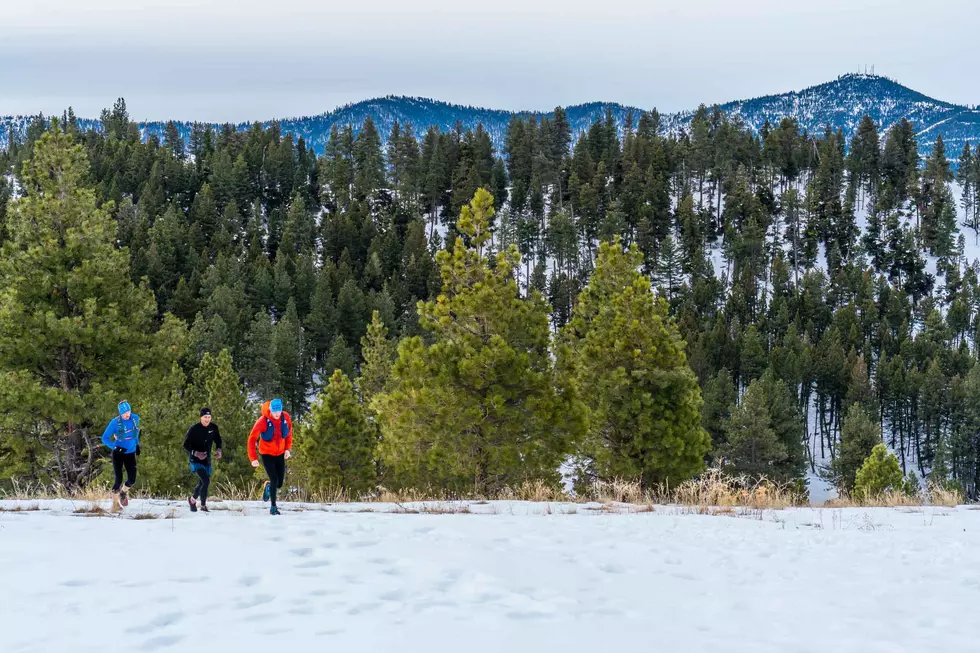
Missoula Dems help develop legislative campaign for resident sportsmen, communities
Laura Lundquist
(Missoula Current) After the 2021 Legislature passed bills favoring hunting outfitters and out-of-state hunters, Democratic legislators are backing a slate of bills this session that they’re hoping will benefit resident hunters.
On Wednesday, Democratic legislators, led by two Missoula Democrats, previewed several bills that are part of their “Contract with Hunters and Anglers.” Senate Minority Leader Pat Flowers, D-Bozeman, said the contract was developed so that residents wouldn’t be treated like second-class citizens this time.
“Our outdoor heritage is what Montana’s known for,” Flowers said. “But this precious element of our Montana identity is now under threat. Hunting opportunities are drying up, private lands are locking down. As Montana sees unprecedented growth, our outdoor heritage is being sold to the highest out-of-state bidder. The wealthiest nonresident hunters and anglers are getting first pick while Montanans are being pushed out of line.”
Rep. Marilyn Marler, D-Missoula, highlighted a few of the bills intended to favor Montanans and preserve Montana’s open lands and wild spaces.
To protect public access, Democrats are backing two Fish, Wildlife & Parks bills that would increase the amount of money landowners can receive for participating in the Block Management Program. Block Management landowners are paid a daily amount per hunter to allow hunters to access their lands. Another bill would increase the penalty for landowners who block public roads from $10 a day to $500 a day.
Marijuana revenue?
To help protect habitat and open spaces, the Democrats want to push the Gianforte administration to fully fund Habitat Montana with the marijuana tax money as passed by voters in 2020.
Habitat Montana has been popular with hunters since the Legislature created it in 1987. In the past, each Legislature has allocated a set amount of sportsmen’s dollars from license sales for the Habitat Montana fund, which can then be used to buy fee-title land or conservation easements to provide more hunting access. Most recently, Habitat Montana money helped buy almost 9 square miles in the southeastern foothills of the Big Snowy Mountains for a new wildlife management area.
In 2020, 57% of Montana voters passed Constitutional Initiative 190, which legalized marijuana for adults but also tacked on a hefty tax. The 20% tax was projected to generate $48 million annually within five years. The initiative said half of that was promised to public lands programs, and about 37% of that would be used for the Habitat Montana program, which uses state funding to purchase wildlife habitat.
But in both 2021 and this year, Governor Greg Gianforte’s budget has given no marijuana tax money to Habitat Montana. The governor’s draft 2023 budget boosts Habitat Montana’s overall allocation to $12 million, 3.8% more than in the last biennium. But all the state money - $9.65 million - comes from sportsmen’s dollars.
In 2021, the Legislature ended up allotting 20% - almost 20% less than promised - of the public land money to Habitat Montana. Rep. Tom France, D-Missoula, said it was likely that the fight over the marijuana tax will be debated near the end of the budget process, so voters needed to ask their legislators to shift some tax money toward Habitat Montana.
“In addition to not fully funding this program, under this governor, the Habitat Montana program is shifting away from perpetual conservation easements toward short-term leases - more like 30 or 40 years - for hunting access,” Marler said. “Doing that undermines one of our state’s most successful tools for agriculture and conservation partnerships, which not only helps families stay on their land but also helps hunters have access to our public wildlife resources on private land.”
Working for public access
Following up that effort to maintain agriculture-conservation partnerships, France spoke about Democrats’ push to build more partnerships between sportswomen and men and the rural places they hunt and fish in.
Providing more reimbursement for Block Management landowners is helpful but it doesn’t do much for the communities that host hunters, from providing hotels and restaurants to gasoline and groceries.
Recognizing this, France will be carrying a bill to create a Hunters and Anglers Community Fund. Hunters and anglers can donate to the fund using a checkoff when they buy licenses, and rural community organizations can then apply for the funds when in need.
“Most Montana hunters and anglers know that, yeah, the pheasant cover is important, and the pasture where elk might come in the early morning is why we go to rural Montana. But it’s all about people too,” France said. “How do we build a strong partnership with landowners and the communities from Ekalaka to Troy, from Darby to Plentywood, to make sure that rural Montana stays vital economically and also is working with us to protect our hunting and fishing heritage and wildlife and fish habitat?”
The three Democrats acknowledged the difficulties of getting their bills through as the minority party. They said some Republicans would likely help. But it was up to sportsmen and women to show up and ask for support from their legislators, Flowers said.
“We feel we have to be leaders on this issue,” Flowers said. “This ought to be a nonpartisan issue. Montanans across the state, regardless of party, know how important their hunting opportunities are. So we think good ideas will be supported by our colleagues across the aisle.”
Contact reporter Laura Lundquist at lundquist@missoulacurrent.com.
